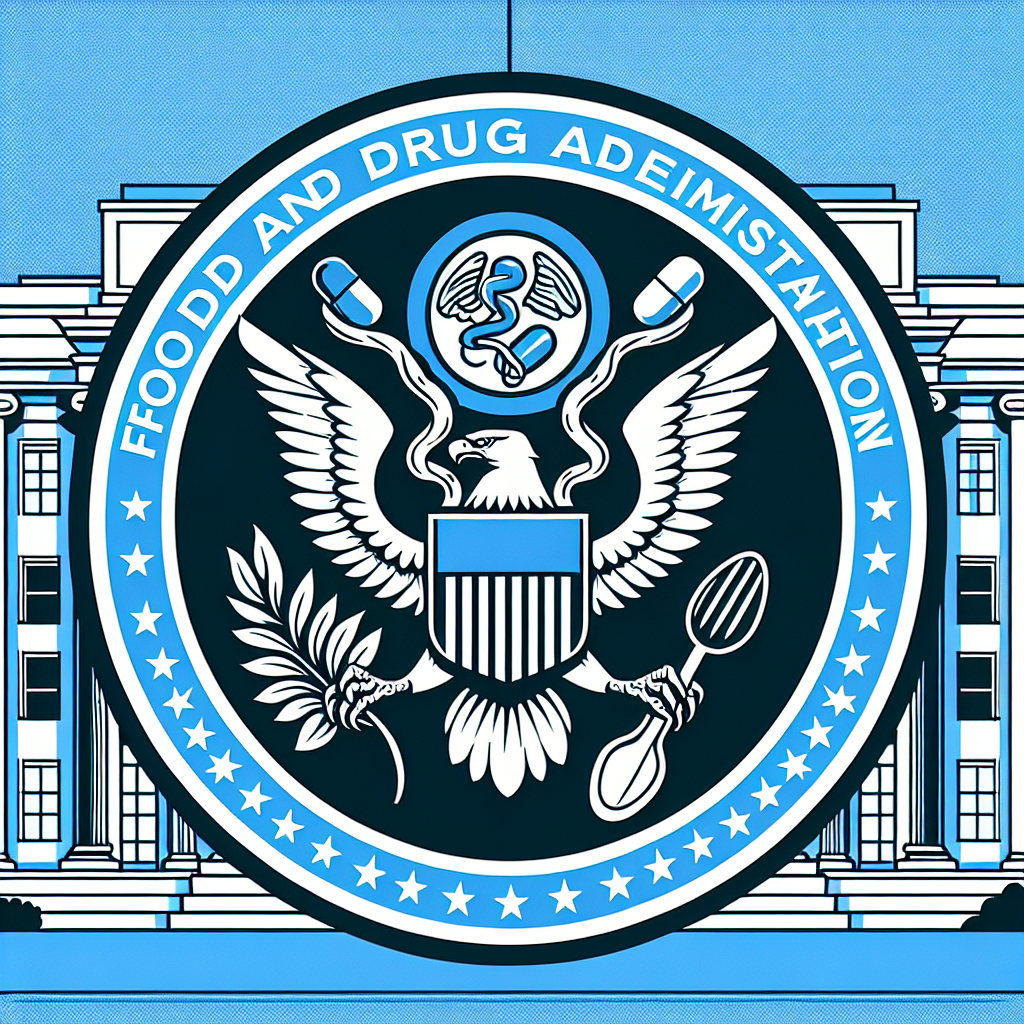FDA Targets Synthetic Food Dyes Amid Health Concerns
Health Secretary Robert F. Kennedy Jr. and FDA Commissioner Marty Makary announced a plan to remove petroleum-based synthetic food dyes, citing potential health risks like ADHD. Although scientific consensus is lacking, they aim to transition to natural dyes without raising food costs, addressing broader food supply issues.

In a significant policy shift, Health Secretary Robert F. Kennedy Jr. and FDA Commissioner Marty Makary have unveiled plans to eliminate petroleum-based synthetic food dyes from the U.S. food supply. The move comes as a response to potential health risks, including ADHD, obesity, and diabetes, associated with these dyes.
While no definitive studies were presented, Makary referenced a 2007 Lancet study linking food dyes to hyperactivity. The announcement was part of a broader initiative to improve food safety, with Kennedy emphasizing the need to tackle chronic child health issues.
Industry response has been mixed, with some food makers pledging cooperation, while others, represented by the Consumer Brands Association, contest the rhetoric used by Kennedy. Nevertheless, the FDA is set to authorize new natural color additives, marking a pivotal step toward cleaner food production.
(With inputs from agencies.)










